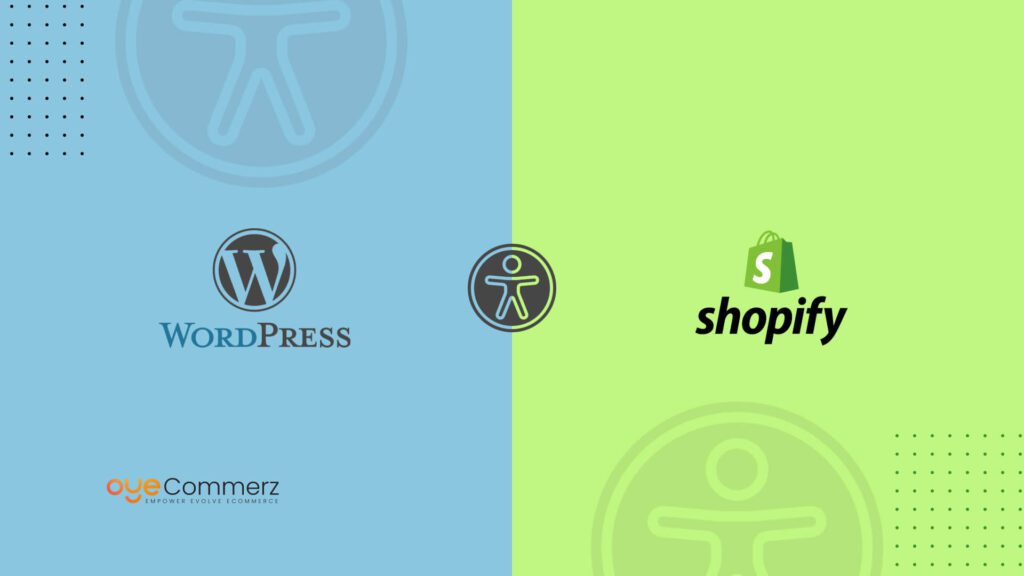In the ever-evolving sphere of digital commerce, picking the right system is crucial for your company’s growth. If you’re currently using WordPress and considering a migration to an alternative, you’re not alone. Many businesses are shifting to take advantage of Shopify’s comprehensive features, simplicity, and scalability. This guide will guide you on the journey of migrating from WP to Shopify seamlessly, guaranteeing that you achieve your eCommerce potential.
Why Transition from WP to this platform?
Before starting the migration procedure, it’s important to understand why this transition can be beneficial for your eCommerce business:
User-Friendly Interface: Shopify offers an user-friendly dashboard that makes easier store management, making it easier for non-technical users.
Flexibility: As your business develops, Shopify can support greater visitors and transactions without sacrificing efficiency.
Integrated Features: Shopify comes with pre-installed tools for search engine optimization, analytics, payment processing, and much more, eliminating the need for numerous plugins.
Robust Protection: With Shopify, you utilize advanced security protocols that protect sensitive customer information.
Steps for a Smooth Migration
Migrating your digital shop from WordPress to Shopify involves several actions.
Here’s how to ensure a hassle-free transition:
Plan Your Migration Strategy
Kick-off by outlining your migration blueprint. Pinpoint which aspects of your current site you plan to migrate, such as:
Product data
User details
Order history
Articles
Select the Right Migration Solution
Based on your preferences, choose a migration service that aligns with your store. Migration experts provides multiple choices:
Starter Package: Ideal for small stores with limited products.
Standard Migration Package: Recommended for mid-range businesses with intermediate demands.
Comprehensive Solution: Excellent for big stores requiring broad customization.
Backup Your Information
Prior to initiating the migration, guarantee that you have a full backup of your WordPress site. This action is essential in case anything goes awry during the migration.
Extract Your Content from WP
Leverage tools or manual methods to transfer critical data from your WordPress site:
Items
Customers
Orders
Articles
Import Content into Shopify
When you have your information exported, employ Shopify’s import tools or specialized apps to migrate your content into your Shopify store. Confirm that all content is correctly structured and aligned.
Adapt Your Shopify Store
Once migrating information, adjust your Shopify site’s layout to align with your style. Think about hiring a designer if you require complex customization.
Set Up TransactionOptions and Shipping Options
Set up billing solutions switching from WordPress to Shopify and logistics options in Shopify to ensure a smooth checkout experience for customers.
Adopt Search Engine Optimization Guidelines
To keep your online visibility during the migration:
Use 301 URL mappings from previous URLs to updated ones.
Update descriptions.
Adjust visual content and copy for SEO.
Test Your Migrated Shop
Before publishing, completely test your migrated store. Identify any broken links, payment processing issues, or missing data.
Launch Your Platform
After everything is in place, it’s the opportunity to launch! Announce the update to your users and motivate them to explore the updated features of your Shopify store.
Post-Migration Assistance
Post publishing your built-in Shopify tools new store, ongoing help is essential. Explore working with professionals who can assist with:
Troubleshooting
Marketing strategies
Enhancing features
Conclusion
Migrating from WordPress to this platform can be a transformative step for your digital business. By following this guide and utilizing professional services like those offered by OyeCommerz, you can ensure a effortless transition that improves your digital storefront. Adapt to the change and realize the potential of Shopify today!
